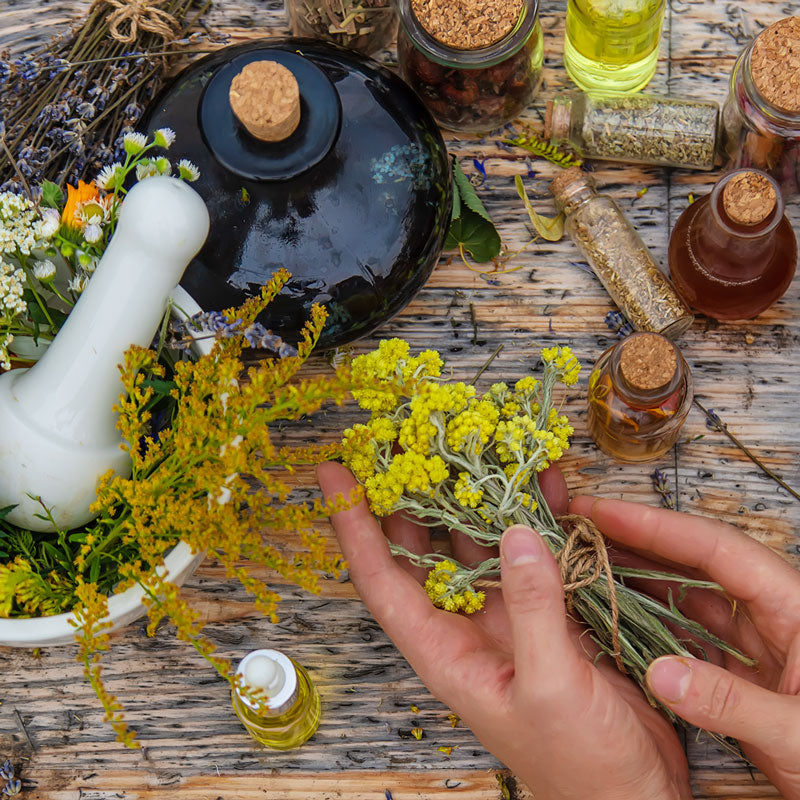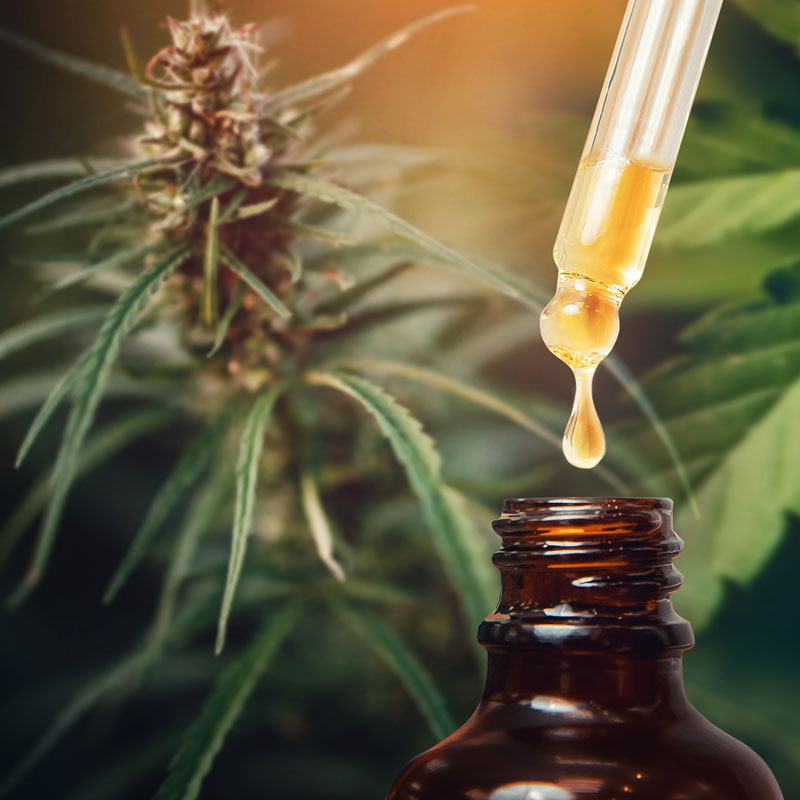Homemade Cinnamon Tincture and Extract Recipe using Food Grade Ethanol

Cinnamon is a warming and aromatic spice widely used in culinary recipes, beverages, and botanical preparations. Making a homemade cinnamon tincture allows for a concentrated extraction of its natural plant compounds, ensuring long-lasting use in a versatile liquid form. This guide outlines how to create a high-quality tincture using 200 Proof Food Grade Ethanol for optimal purity and efficiency.
What is Cinnamon?
Cinnamon (Cinnamomum spp.) is derived from the inner bark of trees from the Lauraceae family and is known for its distinct warm, slightly sweet aroma. It has been a valued spice for centuries, commonly used in culinary dishes, beverages, and botanical extracts.
The Difference Between Ceylon and Cassia Cinnamon
- Ceylon Cinnamon (Cinnamomum verum): Often referred to as "true cinnamon," this variety has a milder, sweeter flavor and is commonly used in high-quality culinary and herbal applications.
- Cassia Cinnamon (Cinnamomum cassia): More widely available in supermarkets, cassia cinnamon has a stronger, spicier flavor and higher essential oil content.
- Other Varieties: Saigon cinnamon and Korintje cinnamon are cassia types that offer bold flavors and are commonly used in spice blends.
Why Make a Cinnamon Tincture?
- Enhanced Flavor Concentration: A tincture allows for the full extraction of cinnamon’s aromatic compounds, making it more versatile than ground cinnamon.
- Long Shelf Life: While ground cinnamon may lose potency over time, an ethanol-based tincture remains stable for up to two years.
- Convenience: A liquid extract is easy to incorporate into recipes, beverages, and DIY formulations.
Where is Cinnamon Grown?
Cinnamon is native to Sri Lanka, India, and Southeast Asia, thriving in warm, humid climates with well-drained soil. It is cultivated in Sri Lanka, Indonesia, Vietnam, and Madagascar for commercial production.
Sourcing and Selecting Quality Cinnamon
For the best tincture results, source organic cinnamon bark (preferably Ceylon cinnamon for a milder flavor) from reputable spice suppliers, farmers’ markets, or specialty stores. Choose fresh, aromatic bark with a rich scent and avoid brittle or faded pieces.
Preparing Cinnamon for Tincture
- Ensure the bark is clean and free from debris.
- Break or grind the bark into smaller pieces to increase surface area for efficient extraction.
Best Practices for Storing Your Cinnamon Tincture
Store your cinnamon tincture in a dark glass bottle, away from heat and direct sunlight, to maintain its quality. When properly stored, the tincture can remain effective for up to two years.
Ways to Use Cinnamon Tincture
Culinary Applications
- Flavor Enhancer: Adds a warm, spiced depth to baked goods, sauces, and desserts.
- Beverage Infusions: A few drops complement mulled wine, chai tea, and coffee.
- Cocktail Ingredient: Enhances classic drinks such as old-fashioned and whiskey sours.
DIY Herbal and Crafting Uses
- Aromatherapy: Blends well with vanilla, clove, and citrus notes in DIY room sprays.
- Natural Cleaning Solutions: Used in homemade cleaners for a pleasant, warm fragrance.
Final Thoughts on Crafting a Cinnamon Tincture
Making a cinnamon tincture at home allows for a high-quality, concentrated botanical extract that can be used in culinary, herbal, and crafting applications. Using 200 Proof Food Grade Ethanol ensures a pure and effective extraction process.

Disclaimer: This content is for informational and educational purposes only. Consult a professional before using tinctures for any specific application. Individual reactions may vary.










